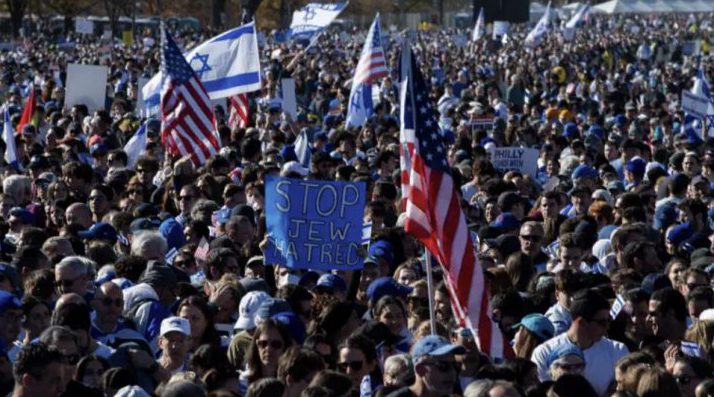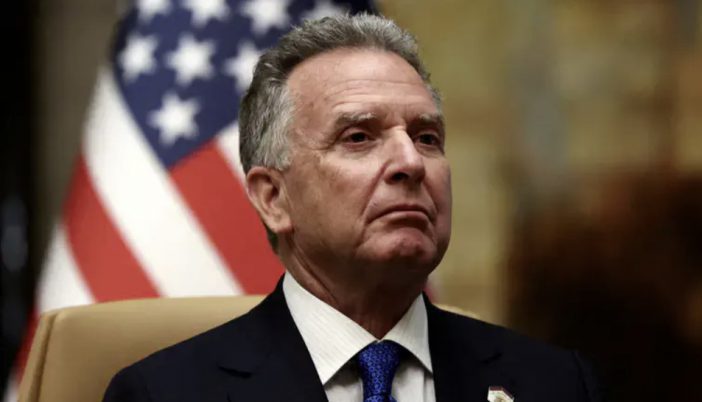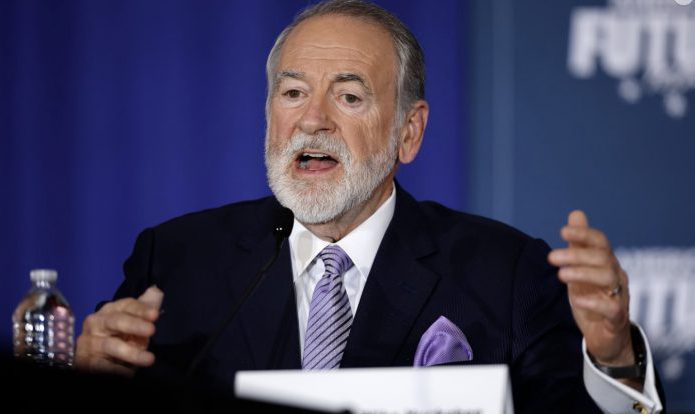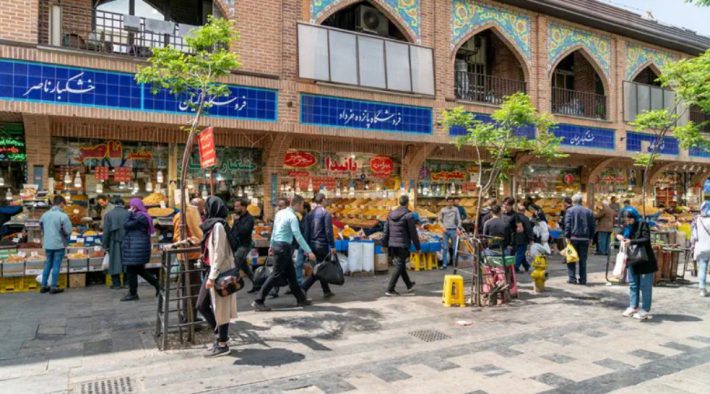While a majority of participants in JPPI’s Voice of the Jewish People panel believe Israel’s decision to attack Iran was correct, the majority said the US should not actively participate in those strikes.
A majority (69%) of participants in JPPI’s Voice of the Jewish People panel believe Israel made the right decision in launching Operation Rising Lion, the war against Iran.
About one-fifth (18%) are uncertain if it was the correct move, and one-eighth (13%) believe it was the wrong decision.
While an overwhelming majority (93%) of Jewish Trump voters support the war decision, only half (53%) of Jewish Harris voters agree.
The survey also found that since the outbreak of the war, confidence in Trump’s ability to handle the Iranian threat has risen slightly.
In May, before the war, 55% of respondents said they had no confidence in Trump’s ability to act appropriately regarding Iran. In June, after the war began, that number dropped to 44%.
Meanwhile, the share of those expressing high confidence in Trump’s handling of Iran rose from 10% in May to 19% in June.
The survey was conducted shortly before the US entered the war. Surprisingly, a majority of American Jews expressed opposition to direct US military involvement in Iran, contrary to prevailing sentiment among Israeli Jews.
Half (51%) of respondents said the US should assist Israel by supplying ammunition and equipment.
Half (49%) said the US should help defend Israel from Iranian retaliation, but not participate in offensive operations.A majority (69%) of participants in JPPI’s Voice of the Jewish People panel believe Israel made the right decision in launching Operation Rising Lion, the war against Iran.
About one-fifth (18%) are uncertain if it was the correct move, and one-eighth (13%) believe it was the wrong decision.
While an overwhelming majority (93%) of Jewish Trump voters support the war decision, only half (53%) of Jewish Harris voters agree.
The survey also found that since the outbreak of the war, confidence in Trump’s ability to handle the Iranian threat has risen slightly.
In May, before the war, 55% of respondents said they had no confidence in Trump’s ability to act appropriately regarding Iran. In June, after the war began, that number dropped to 44%.
Meanwhile, the share of those expressing high confidence in Trump’s handling of Iran rose from 10% in May to 19% in June.
The survey was conducted shortly before the US entered the war. Surprisingly, a majority of American Jews expressed opposition to direct US military involvement in Iran, contrary to prevailing sentiment among Israeli Jews.
Half (51%) of respondents said the US should assist Israel by supplying ammunition and equipment.
Half (49%) said the US should help defend Israel from Iranian retaliation, but not participate in offensive operations.
A third (32%) supported the US actively joining attacks on Iran’s nuclear facilities, while one-eighth (12%) said the US should not assist Israel at all, arguing “this is not America’s war.”
In light of growing antisemitism in the US in recent months, survey participants were asked to respond to a New York Times quote: “The waves of violence sweeping the country… have deepened the sense of anxiety among many American Jews, contributing to the feeling that simply existing publicly as a Jew is becoming increasingly dangerous.”
When asked if they personally feel that “being publicly Jewish is becoming increasingly dangerous,” a third (34%) said the quote reflects their feelings. Another 44% said it reflects their feelings to some extent. One-fifth (19%) said the statement is exaggerated, and an almost negligible number said being publicly Jewish is not dangerous at all.
A majority (54%) said the current security and social climate does not affect their participation in public Jewish events.
About a quarter (28%) said they are more likely to attend such events, while 14% said they are less likely to do so.
The survey also assessed willingness to participate in public events related to Israel. A third (34%) said the current situation has no impact.
A slightly larger group (36%) said it increases their likelihood of attending such events, while a quarter (27%) said the situation decreases their likelihood of participation—an increase compared to previous surveys.





